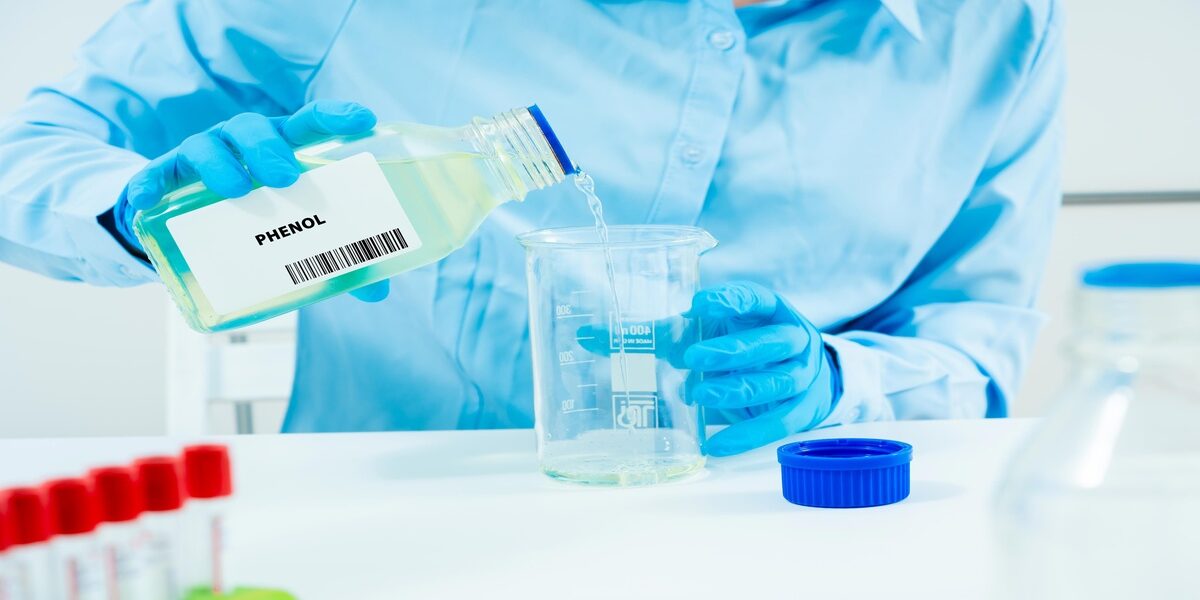Phenolic resin has earned its place in industrial and commercial applications due to its exceptional chemical resistance and durability. As a thermosetting polymer formed by the reaction of phenol and formaldehyde, it has a structure that offers superior performance in harsh environments. Explore its properties, applications, and how its chemical resistance supports various industries in this guide to the chemical resistance of phenolic resin.
Key Properties of Phenolic Resin
Phenolic resin’s molecular structure is pivotal to its chemical resistance. Once cured, it forms a crosslinked network that can withstand exposure to a wide range of aggressive chemicals like acids, bases, and solvents.
Other characteristics that complement this resistance include its high thermal stability, minimal water absorption, and non-conductive electrical properties. These features make phenolic resin a resilient option for applications requiring consistent performance under demanding conditions.
Another notable property is its ability to maintain structural integrity over time. Unlike materials that degrade with repeated chemical exposure, phenolic resin retains its strength and function, making it an ideal choice for long-term use.
Applications in Chemical-Resistant Equipment
Phenolic resin’s chemical resistance lends itself to a variety of applications, particularly in industries where exposure to corrosive substances is unavoidable. Below are some key areas that employ phenolic resin.
Coatings and Linings
Phenolic resin sees widespread use in coatings and linings of tanks, pipes, and storage vessels to protect surfaces from chemical corrosion. Its ability to adhere well to substrates enhances its protective capabilities.
Industrial Laminates
Electrical and mechanical equipment such as circuit boards and insulating materials benefit greatly from phenolic resin. Its non-conductive nature, combined with resistance to chemicals and heat, can boost safety and longevity in demanding environments.
Adhesives
Industrial-grade adhesives formulated with phenolic resin offer strong, chemical-resistant bonds. They are especially useful in assembling components exposed to harsh industrial processes.
Automotive and Aerospace Industries
Another common use for phenolic resin is within manufacturing brake pads, clutch materials, and even aircraft components. Its combination of chemical and thermal resistance ensures performance under extreme conditions.
Advantages of Chemical Resistance
As explored in this guide to the chemical resistance of phenolic resin, this property is a key factor in many industrial and commercial applications. It ensures better performance, safety, and longevity of materials and equipment and allows phenolic resin to excel in environments with frequent exposure to corrosive substances. This provides a reliable solution for industries that demand robust and dependable materials.
Phenolic resin manufacturers play a critical role in providing custom formulations tailored to diverse industry needs. These formulations allow businesses to address specific challenges, whether it’s improving heat tolerance for automotive applications or enhancing durability for chemical storage systems. When you work closely with a reputable phenolic resin manufacturer, such as Capital Resin Corporation, you’re sure to receive high-quality materials that meet rigorous performance standards.
Why It Matters
By selecting materials like phenolic resin, businesses can engage in industrial processes and produce materials that thrive in challenging environments that might otherwise lead to frequent damage or interruptions. Its robust chemical resistance helps ensure performance and reliability across countless applications. Ultimately, its strength, versatility, and long-lasting performance make it an asset in industries requiring robust, reliable solutions.







